Big Data and the Ethics of Cybersecurity are important in today’s digital world. As technology advances, the connection between them grows.
Understanding the ethics of cybersecurity is crucial. With vast amounts of data being collected, stored, and analyzed, there are significant ethical concerns. How should companies handle this data? How do we protect privacy? These questions are at the heart of the debate.
Cybersecurity aims to keep data safe from hackers and other threats. But it also needs to respect individuals’ rights. Balancing security and ethics is a challenge. This blog explores this complex relationship. We’ll discuss the ethical issues in big data and how cybersecurity can address them. Ready to dive in? Let’s explore the ethics of cybersecurity in the age of big data.
Big Data Evolution
Big Data is reshaping cybersecurity ethics. As data grows, safeguarding personal information becomes crucial. Ethical concerns rise with privacy risks. Balancing data use and protection is vital for security.
Big Data has transformed the way we understand and utilize information. The evolution of Big Data is a fascinating journey from simple data collection to complex analytics that drive decision-making in various industries. Let’s delve into its historical context and modern applications.
Historical Context
Big Data started with basic data collection methods. Think about the early days when businesses used paper records to track transactions. These records were limited and difficult to analyze.
As technology advanced, databases became more sophisticated. Early computers introduced the concept of storing and retrieving information efficiently.
Then came the internet, which exponentially increased the volume of data available. Suddenly, businesses had access to vast amounts of information about consumer behavior, market trends, and more.
Modern Applications
Today, Big Data is everywhere. Your smartphone collects data on your movements, preferences, and activities. This information is used to personalize your experience.
Healthcare has also benefited from Big Data. Patient records, treatment outcomes, and genetic information are analyzed to improve medical treatments.
In cybersecurity, Big Data helps identify threats. By analyzing patterns and anomalies in network traffic, experts can predict and prevent cyber attacks.
Think about the last time you received a personalized recommendation online. That’s Big Data at work, analyzing your past behavior to predict your future choices.
Big Data’s evolution raises ethical questions. How is your data being used? Are you comfortable with companies knowing so much about you?
As Big Data continues to evolve, these questions become more pressing. It’s crucial to balance technological advancement with ethical considerations.
Have you ever wondered how much data you generate daily? It’s a lot more than you might think. Understanding the ethics of cybersecurity in Big Data is not just about protecting information but also respecting privacy.
What are your thoughts on the ethical implications of Big Data? Is it a fair trade-off for the benefits you receive?
By examining the historical context and modern applications, we can appreciate Big Data’s transformative power and the ethical responsibilities that come with it.
Cybersecurity Fundamentals
Cybersecurity is crucial in the digital age. Protecting data from cyber threats is necessary. Understanding the basics helps in safeguarding information.
Big Data and cybersecurity intersect in many ways. Ethics play a key role in how data is protected. Let’s explore the fundamentals of cybersecurity.
Key Concepts
Cybersecurity involves protecting systems, networks, and data. This protection comes from cyber attacks, damage, or unauthorized access. Key concepts include encryption, firewalls, and antivirus software.
Encryption converts data into a code. Only authorized parties can read it. Firewalls block unauthorized access to networks. Antivirus software detects and removes malware.
Authentication is another important concept. It verifies the identity of users before granting access. Multi-factor authentication adds extra layers of security.
Common Threats
Cyber threats are constantly evolving. Common threats include malware, phishing, and ransomware. Malware is malicious software that harms devices or steals data.
Phishing involves tricking users into giving personal information. Cybercriminals often use fake emails or websites. Ransomware locks users out of their data. They must pay a ransom to regain access.
Other threats include DDoS attacks and spyware. DDoS attacks overwhelm systems with traffic. Spyware secretly monitors user activity and collects information.
Understanding these threats is vital. It helps in creating effective cybersecurity strategies. Awareness and education are key to preventing attacks.
Privacy Concerns
Big Data and the Ethics of Cybersecurity practices are crucial to protect personal information from misuse and unauthorized access. Striking a balance between data utilization and privacy is essential.
Privacy Concerns
Privacy concerns are becoming more significant in the world of Big Data and cybersecurity. The vast amount of data collected daily raises questions about privacy. Many users are unaware of the extent of data collection practices. This lack of awareness can lead to misuse or unauthorized access to personal information. Ensuring privacy is crucial for maintaining trust in digital systems.
Data Collection Issues
Data collection practices have grown tremendously. Companies gather large amounts of personal information. This includes browsing habits, location data, and social media activity. The methods of data collection are often invasive. Users seldom know how much data is being collected. This raises serious privacy concerns.
User Consent
User consent is a fundamental aspect of privacy. Many websites require users to agree to data collection. Often, consent is given without understanding the implications. Users are presented with lengthy and complex terms of service. This can lead to uninformed consent. Ensuring clear and straightforward consent processes is vital. It helps users make informed decisions about their privacy.

Credit: www.linkedin.com
Ethical Considerations
Big Data and the Ethics of Cybersecurity are transforming our digital world. While they offer immense benefits, they also raise ethical questions. These technologies collect vast amounts of personal information. Ensuring privacy and security is crucial. Ethical considerations guide how we handle this data responsibly. Balancing innovation and privacy is a challenge. How do we protect data without compromising individual rights?
Moral Dilemmas
Data collection offers insights but risks privacy. Companies must decide how much data is too much. Is it right to monitor users for security? Striking a balance between safety and privacy matters. Ethical dilemmas arise when data is misused. Transparency is key in data practices. Users deserve to know how their data is used.
Stakeholder Responsibilities
Stakeholders must uphold ethical standards. They include companies, governments, and users. Companies should protect user data diligently. Governments set regulations to ensure security. Users should be aware of their data rights. Each stakeholder plays a role in ethical data handling. Collaboration is vital in safeguarding privacy.
Regulatory Landscape
The regulatory landscape of big data and cybersecurity is complex. It evolves rapidly. Laws and regulations aim to protect data and privacy. They ensure that data usage remains ethical. Understanding these regulations is crucial for businesses. It helps them stay compliant and avoid penalties.
Global Regulations
Different countries have different data protection laws. The European Union has the General Data Protection Regulation (GDPR). It sets strict rules for data privacy. The United States has various state laws. California’s Consumer Privacy Act (CCPA) is one example. These laws affect how businesses handle data worldwide. Companies must adapt to these regulations. They must ensure they comply with each law.
Compliance Challenges
Staying compliant with global regulations can be difficult. Each law has unique requirements. Companies must invest in understanding these laws. They need to train employees on best practices. Data breaches can lead to hefty fines. Businesses face challenges in maintaining security standards. They must also manage resources efficiently. This requires a solid compliance strategy.
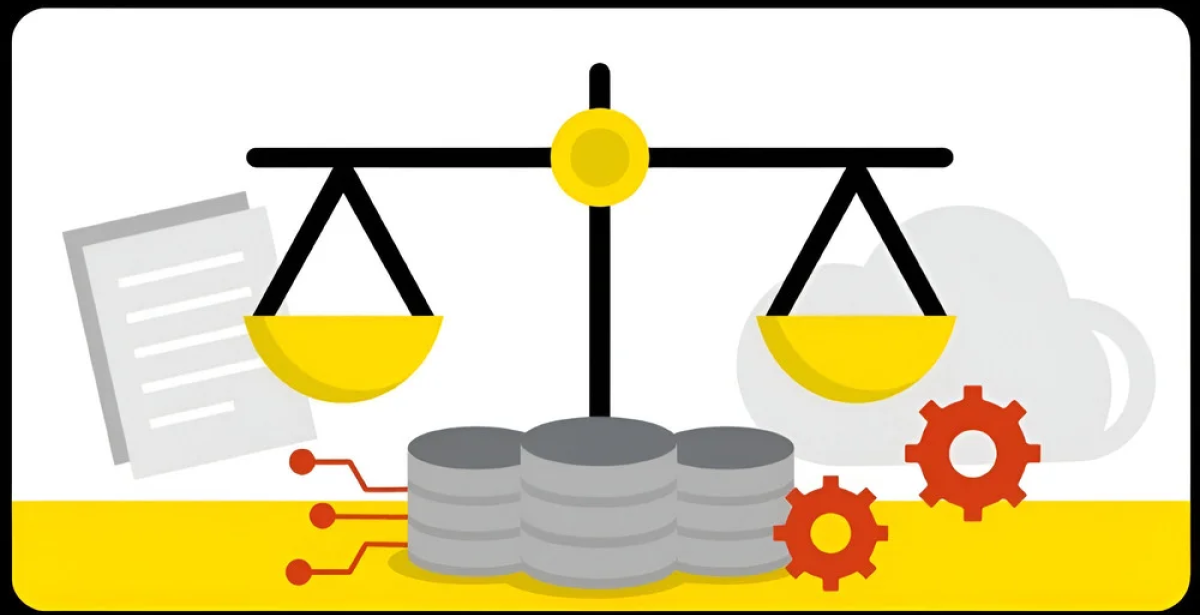
Credit: studyonline.unsw.edu.au
Technological Solutions
As we navigate the complexities of Big Data and cybersecurity, technological solutions play a crucial role in ensuring data protection. These solutions are designed to safeguard sensitive information from cyber threats and unauthorized access. Here, we delve into two critical aspects: Encryption Techniques and Anonymization Methods.
Encryption Techniques
Encryption is the process of converting data into a code to prevent unauthorized access. It’s like locking your valuables in a safe, only accessible with a specific key. This method ensures that even if data is intercepted, it remains unreadable without the decryption key.
There are various encryption techniques available. Symmetric encryption uses the same key for encryption and decryption, making it faster but less secure. Asymmetric encryption, on the other hand, employs two keys—a public key for encryption and a private key for decryption. This method is more secure but slower.
Imagine you have a diary with all your secrets. Using symmetric encryption is like having one key to lock and unlock your diary. Asymmetric encryption would be like having a lock that anyone can close (public key), but only you have the key to open it (private key).
Anonymization Methods
Anonymization involves removing or altering personal information from data sets so individuals cannot be identified. This is essential for protecting privacy while still allowing data to be used for analysis.
There are several methods to anonymize data. Data masking replaces original data with fictional data. Pseudonymization replaces private identifiers with fake identifiers. Generalization reduces the granularity of data, making it less precise but more anonymous.
Think of anonymization like removing the name tag from a piece of luggage. The bag still contains useful items, but no one can easily trace it back to the owner. By applying anonymization methods, you help ensure that personal data remains protected while retaining its value for research and analysis.
What do you think about these techniques? How do you feel about the balance between data utility and privacy? Your thoughts and experiences could shed light on the most effective strategies for maintaining cybersecurity in the Big Data era.
Balancing Security And Privacy
Balancing security and privacy is crucial in the era of big data. Ethical cybersecurity practices must protect sensitive information while respecting individual privacy. It’s a delicate act requiring constant vigilance and adaptation.
Balancing Security and Privacy
In the age of Big Data, the balance between security and privacy is crucial. With vast amounts of data being collected, the potential for misuse and breaches is high. It’s essential to protect personal information without compromising security.
Risk Management
Effective risk management starts with identifying potential threats. You need to understand what data is at risk and how it can be exploited.
Regular audits and monitoring can help spot vulnerabilities early. By addressing these weaknesses, you can prevent breaches before they happen.
Implementing strong encryption methods is also vital. Encrypting data ensures that even if it falls into the wrong hands, it remains unreadable.
Best Practices
Educating employees on cybersecurity is paramount. Awareness training helps staff recognize phishing attempts and other threats.
Use multi-factor authentication to secure access points. This adds an extra layer of security, making it harder for unauthorized users to gain access.
Regularly update your systems and software. Keeping everything up-to-date helps protect against the latest threats and vulnerabilities.
Remember, balancing security and privacy isn’t just about technology. It involves creating a culture of vigilance and responsibility.
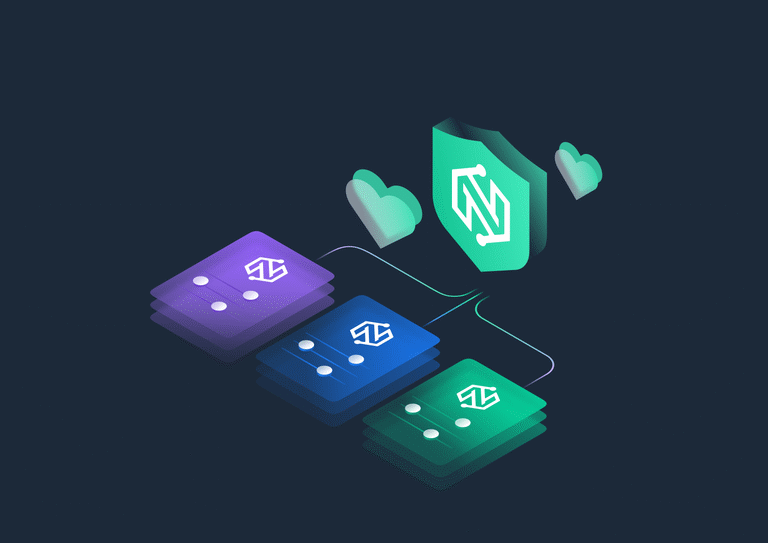
Credit: nodemaven.com
Future Directions
Big Data and cybersecurity ethics are evolving fields. Future directions include stronger data protection laws and ethical guidelines. Balancing innovation with privacy will be crucial.
As we look toward the future of big data and cybersecurity, the landscape is continually evolving. With technological advancements and increasing data volumes, the ethical implications of data use and protection are ever more significant. How will we balance innovation with responsibility?
Emerging Trends
One major trend is the rise of artificial intelligence in cybersecurity. AI can quickly analyze vast amounts of data, identifying threats faster than any human could. However, this raises questions about privacy and the ethical use of AI in surveillance.
Another trend is the increased focus on data anonymization. As data breaches become more common, companies are adopting techniques to anonymize user data. This helps protect individual privacy while still allowing for valuable data analysis.
The shift towards decentralized data storage is also gaining momentum. Blockchain technology offers a way to store data securely, reducing the risk of centralized data breaches. But is it foolproof, and how will it adapt to new ethical challenges?
Innovative Approaches
Companies are now integrating ethical considerations into their cybersecurity strategies. By setting up ethics committees, they can evaluate the impact of their data practices. This proactive approach helps ensure that ethical dilemmas are addressed before they become problems.
Educational initiatives are also on the rise. Businesses are investing in training programs to educate employees about the ethical aspects of cybersecurity. This empowers them to make informed decisions that align with ethical standards.
Collaborative efforts are another innovative approach. Organizations are partnering with academic institutions and governments to create comprehensive ethical guidelines. This collective effort aims to create a unified front in tackling ethical issues.
Have you considered how these trends and approaches could impact your own digital world? As technology evolves, staying informed and engaged with these future directions is crucial.
Frequently Asked Questions
What Is Big Data In Cybersecurity?
Big data in cybersecurity refers to the large volumes of data collected to identify threats and enhance security measures. It helps in analyzing patterns, detecting anomalies, and predicting potential cyberattacks.
Why Are Ethics Important In Cybersecurity?
Ethics are important in cybersecurity to ensure data privacy, protect user rights, and maintain trust. Ethical practices help prevent misuse of data and ensure compliance with legal standards.
How Does Big Data Improve Cybersecurity?
Big data improves cybersecurity by analyzing vast amounts of information to detect patterns and identify threats. It enables quicker response to security breaches and helps in predicting future attacks.
What Are The Ethical Challenges In Big Data?
Ethical challenges in big data include privacy concerns, data misuse, and lack of transparency. Ensuring consent and protecting user data are critical to addressing these challenges.
Conclusion
Big data holds great potential in cybersecurity. But ethical concerns arise. Protecting privacy is crucial. We must balance data use and security measures. Transparency builds trust with users. Companies should prioritize ethical data practices. Education on data ethics helps everyone.
Awareness leads to responsible actions. Informed decisions can reduce risks. As technology evolves, so must our ethical standards. Staying vigilant ensures a safer digital world. Embrace ethics in big data practices.



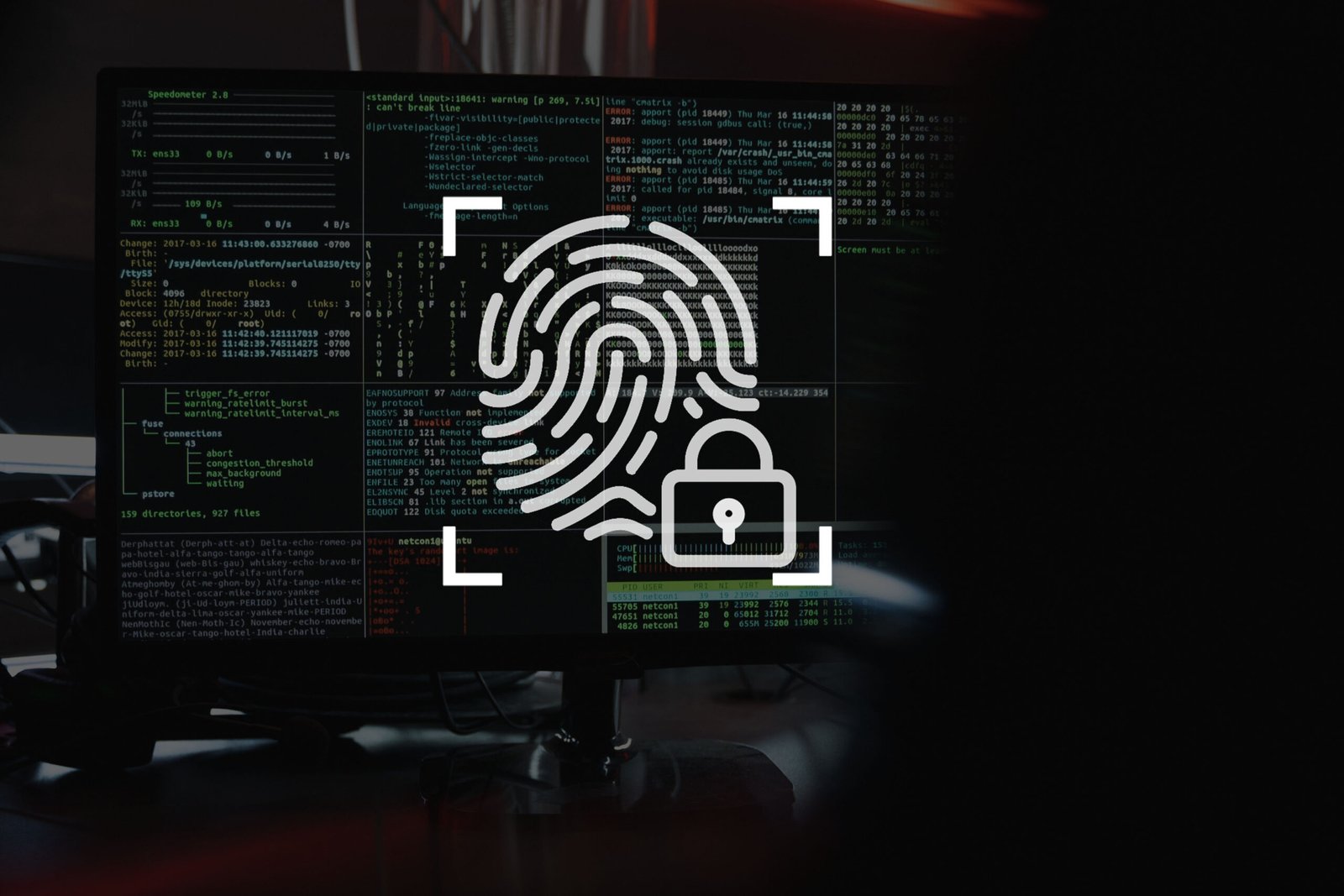
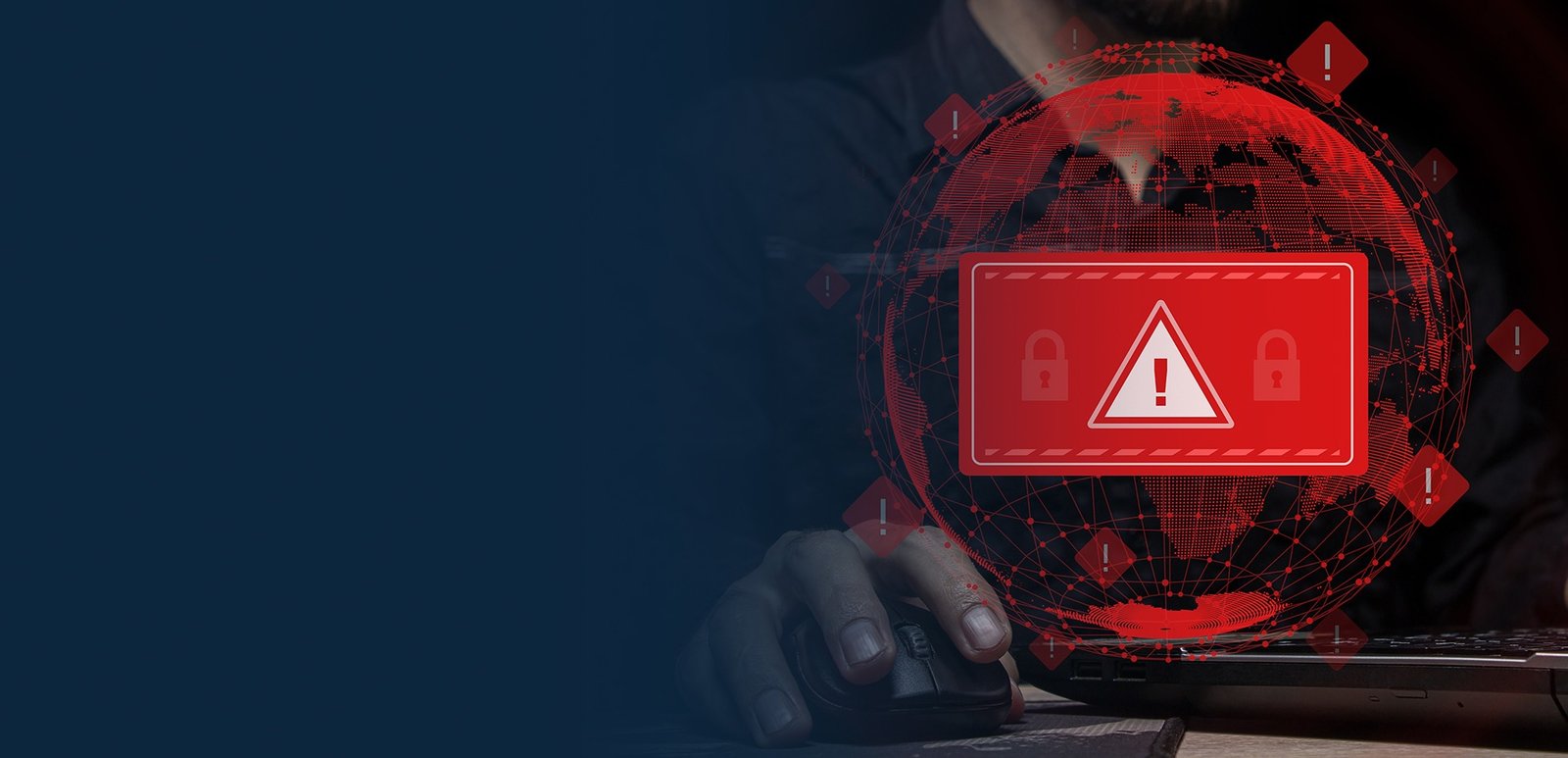
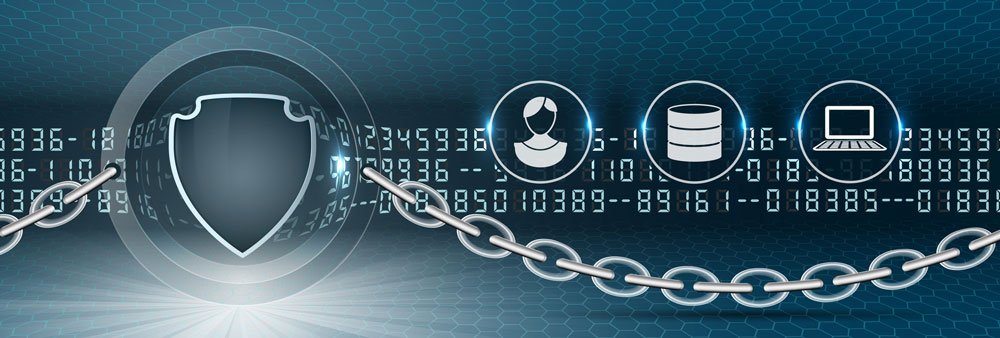

3 responses to “Big Data And the Ethics of Cybersecurity: Navigating Privacy Challenges”
[…] April 21, 2025 […]
[…] the complexities of cybersecurity and AI reveals intriguing challenges. Cybersecurity involves protecting digital information, while […]
[…] blog explores the fascinating link between social psychology and cybersecurity, offering insights into how our minds can be both a strength and a vulnerability in the digital […]